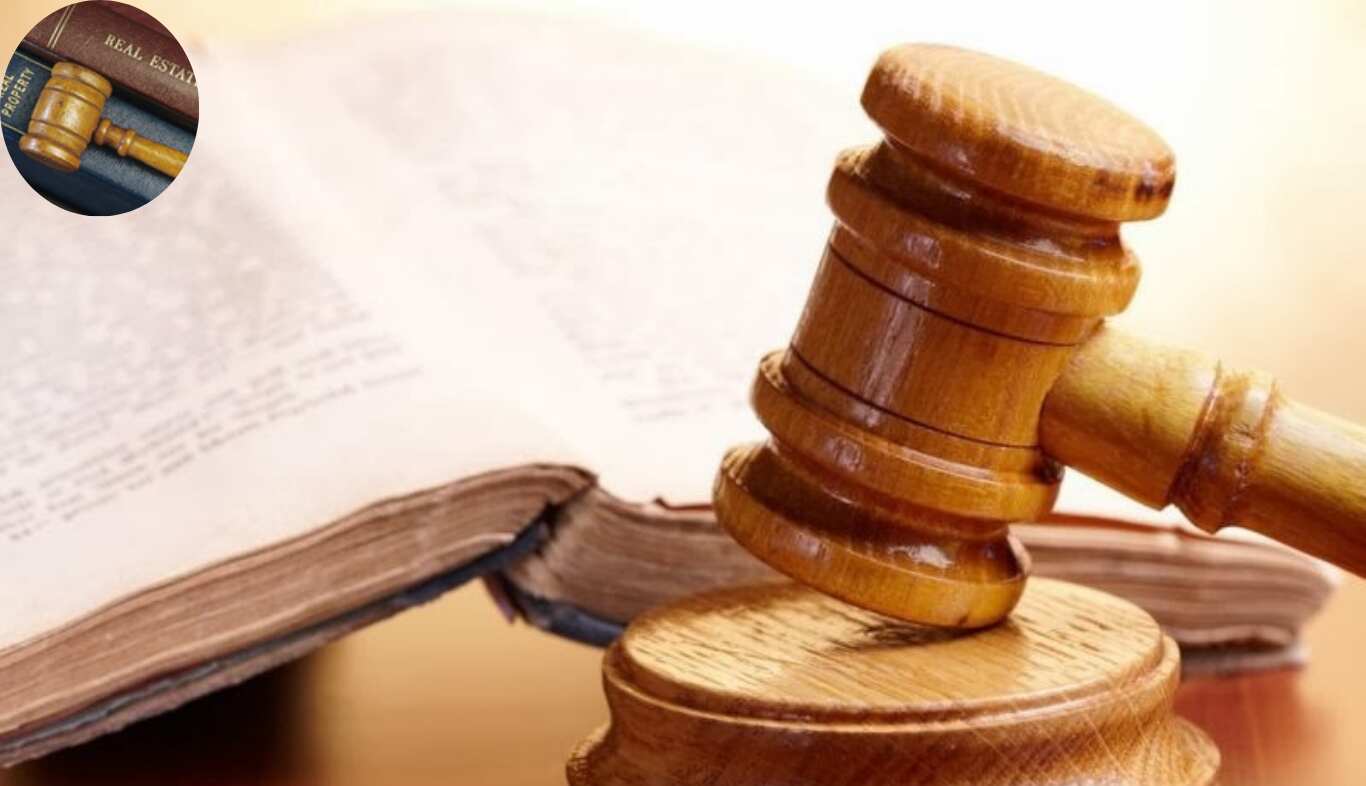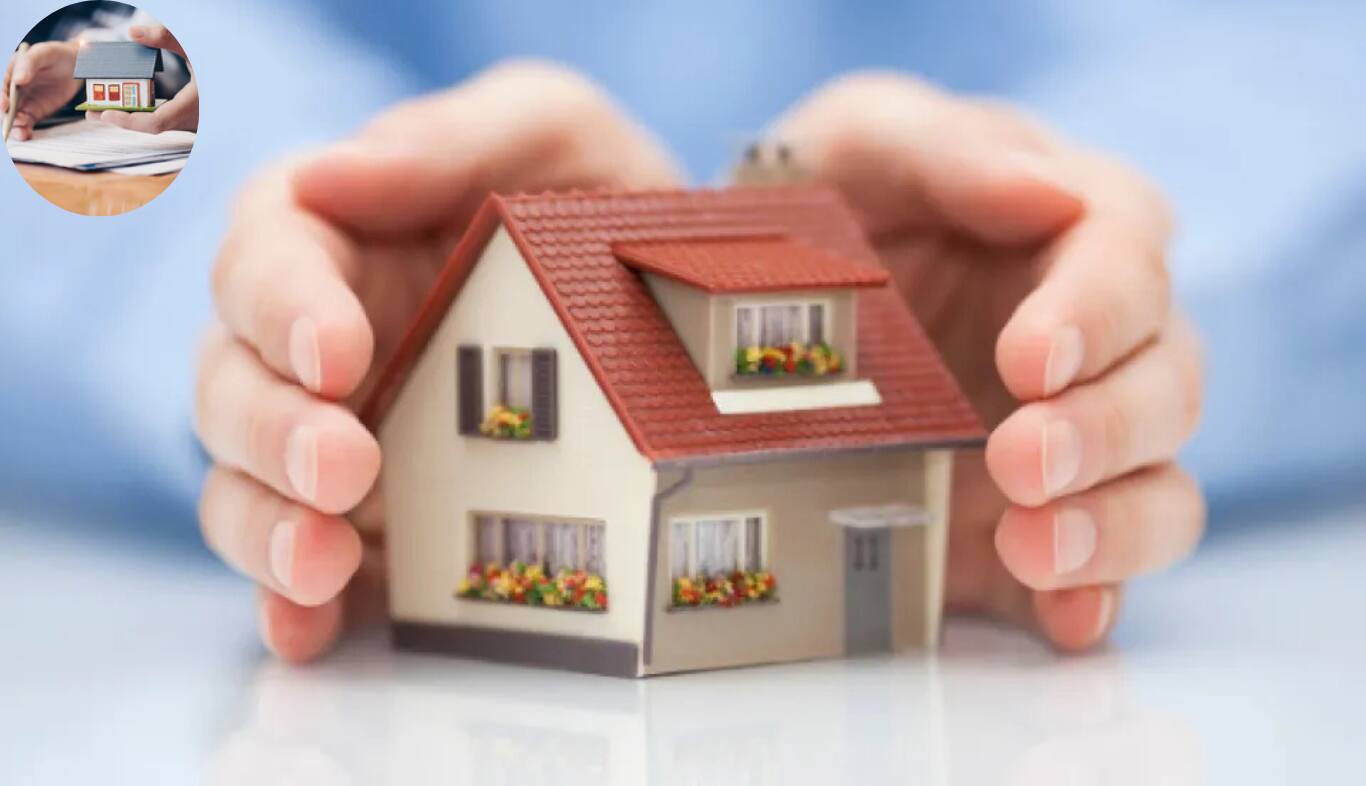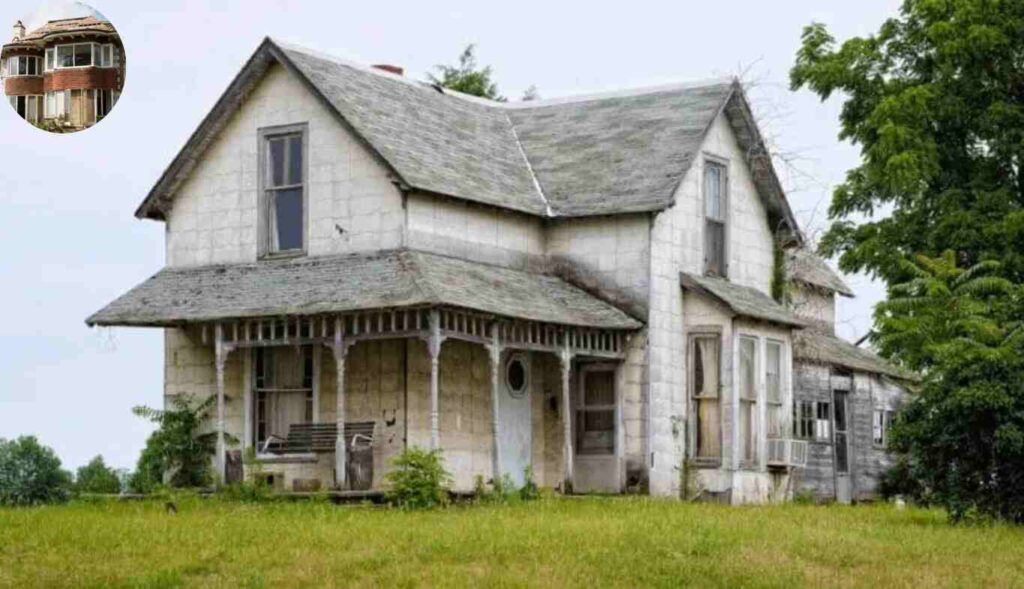Condemned houses are one of those things that are mystifying at best to homeowners, prospective buyers, and even communities at large. What does it mean if a house is condemned? What does this mean in legal terms? If you’re wondering what a condemned house is, you’ve come to the right place. In this post, we’ll explore everything you need to know about condemned properties, including a definition of a condemned property, the legal process, financial implications and how to prevent a property from being condemned.
What Exactly Is a Condemned House?

A better understanding of what a “condemned house” means is important to homeowners, real estate investors, and communities! A condemned house is not merely a house that has been abandoned — it is one considered unsafe or unfit for habitation by local authorities. So, let’s get into the details.
Definition and Criteria
A condemned house: The official designation given to a property that has a determined government authority — often local housing authority or building inspector — declaring it uninhabitable or unsafe for occupancy. That decision is typically prompted by significant health, safety or structural problems.
Endorsement (Common Reason For Condemnation)
Some of the more common causes of condemnation include:
Structural Damage
- Structural issues like significant cracks or sinking.
- Walls, roofs or floors that have collapsed and render the building dangerous.
- Also read (best time to sell a house in mn)
Health Hazards
- Presence of toxic substances such as mold, asbestos, or lead paint.
- Dirty drinking water supply or defective sewerage.
Housing Code Violations
- No vital services such as electricity, water, or heating.
- “Inferior ventilating or unsafe electrical wiring.
Unsanitary Conditions
- Severe hoarding that can impede exits and create fire risks.
- Infestations of pests, such as rats, termites or cockroaches.
Legal Standards
Condemnation isn’t arbitrary. It adheres to local government and housing authority legal standards. Building inspectors are critical to this process. They check the state of the property and if it meets the bare minimum safety and health standards prescribed by law.
Housing codes can vary from municipality to municipality, so a condemned house in one city may not qualify as such in another. For example, some might put a disproportionate emphasis on structural integrity in a certain area, while others might focus on health-related issues.
The Legal Process that Leads to Condemnation

Condemning a house is a legal process with many steps, including notifying the property owners and allowing them time to fix the issues. Here’s how it usually plays out.
Inspection and Notice
It begins with an inspection by local housing or building officials. If, however, safety and health standards are not met, the following steps will be taken:
Issuance of a Notice
The property owner is presented with a written notice of condemnation, which lists the violations and explains what needs to be done to come into compliance.
The timeline is typically given to the owner to correct the issues.
Timelines and Deadlines
The owner has that time (usually 30–90 days) to fix what is wrong or to bring a building up to code.
Court Hearings
The court will then determine if the property can be condemned and, if so, what compensation the owner is entitled to. During this process:
- Property owners can also submit evidence or suggestions for solutions.
- (1) The evidence presented affirmatively or negatively determines whether the court affirms or reverses the taking of the property for public use.
Eminent Domain
And in some cases, the government can condemn property via eminent domain, which allows them to take legal ownership of the condemned property. This is usually done to reclaim the land for public usage, like constructing schools or parks. Owners are typically compensated, although it may not always be at or near market value.
Impacts on Property Owners

What do you do if your house is condemned? The ramifications can be severe, affecting your home, bank account, and even your property ownership rights.
Eviction and Relocation
A house that’s condemned is deemed unlivable, meaning:
- Eviction Notices: People must leave the building right away.
- Relocation Responsibilities: Homeowners or renters need to locate other housing, sometimes out of their own pocket.
The effect varies for renters and owners:
- This increases the chances renters could lose a security deposit or will have a harder time finding a new place in short order.
- Homeowners risk homelessness if they can’t afford repairs or relocation.
Repair or Demolition Orders
Property owners are generally offered two choices:
Repair:
- Owners must correct the problems listed in the condemnation notice.
- Repairs can be expensive, particularly when structural damage or hazardous materials are involved.
Demolition:
- If not salvageable, the property may be ordered to be torn down.
- Most property owners are responsible for demolition costs.
Financial Consequences
Usually, condemned houses are an exchange in normal infestation by neighbours, and their property valuation plummets so low that it becomes nearly impossible to sell or refinance. If eminent domain is used, owners may get some compensation but likely not full restitution.
Do You Have the Right to Sell or Buy a Condemned House?

With that said, it’s possible to buy or sell a condemned property, and it presents its own set of risks and opportunities.
Selling Condemned Properties
There are a few reasons that make selling a condemned house challenging:
- Lower Market Value: Most potential buyers are not interested in spending money on a house that needs a lot of repairs.
- Legal Restrictions — In some areas, local law may prohibit the sale of condemned properties until specific conditions are satisfied.
Buying Condemned Houses
That’s good news for investors: condemned properties can a be an opportunity.
- Workout Potential: Many buyers of condemned houses acquire them for the land or in order to rebuild from the ground up.
- Restoration Projects: Historic or neglected properties may be restored to former glory.
But buyers should be careful:
- Inspection reports: Make sure you thoroughly examine the condition of the property.
- Legal Restrictions: Local laws and permits.
- Repair Cost: Ensure you have a budget in mind to cover extensive repair costs.
Community Impact of Condemned Houses

Condemned houses don’t only impact the person who owns the home — there is an outsized impact on the surrounding community.
Safety Concerns
Vacant properties can spawn criminal activity, including but not limited to:
- Vandalism: Broken windows and graffiti, and theft of material such as copper piping.
- Health Hazards to the Public: Mold, standing water, and pest infestation can present health risks to neighbors.
Urban Development Challenges
Local governments are often ill-equipped to handle condemned properties because:
- Budget Limitations: Both demolition and land use conversion are expensive projects.
- Land Reuse: It’s not unusual for cities to redevelop condemned lots into parks, affordable housing, or community centers, but that requires time and resources.
Avoiding the Condemnation of the Property
Not saying I agree just saying that if you want to avoid condemnation the best course of action is to maintain and follow local ordinances.
Tips for Homeowners
Perform routine inspections for early detection and resolution of minor issues.
- Make sure your home meets local building codes, and pull permits for renovations.
- Handle health risks like mold or pest infestations immediately.
Role of Local Authorities
Many municipalities provide resources for homeowners to help them keep their properties in good condition, including:
- Workshops on housing standards and maintenance.
- Financial Assistance: Grants or low-interest loans for low-income homeowners.
Conclusion
Condemned houses aren’t just eyesores — they pose various complicated legal, financial and social issues. In determining if you’re a homeowner, potential buyer or concerned member of a community facing these issues, the first step is understanding what constitutes a condemned house.
Also read (how long does a house inspection take)
